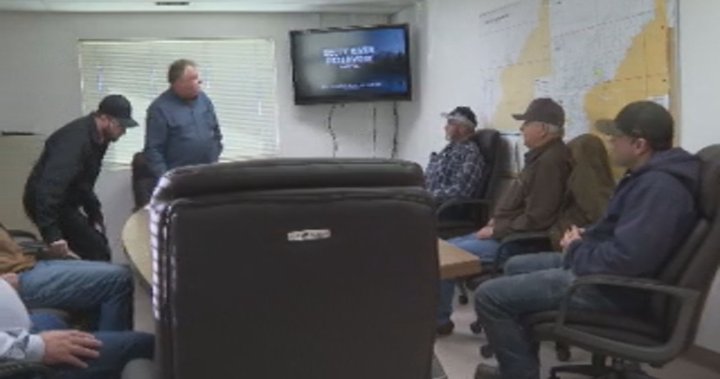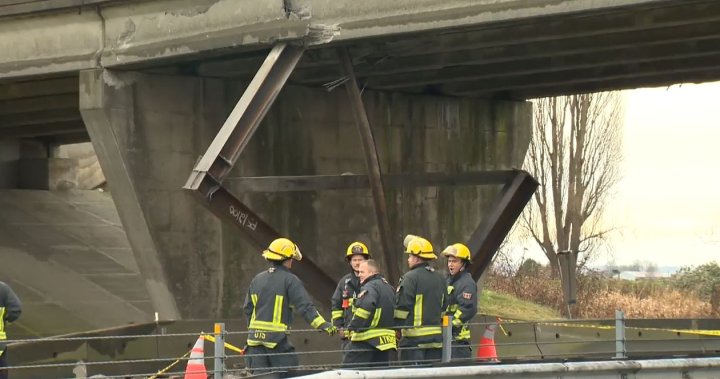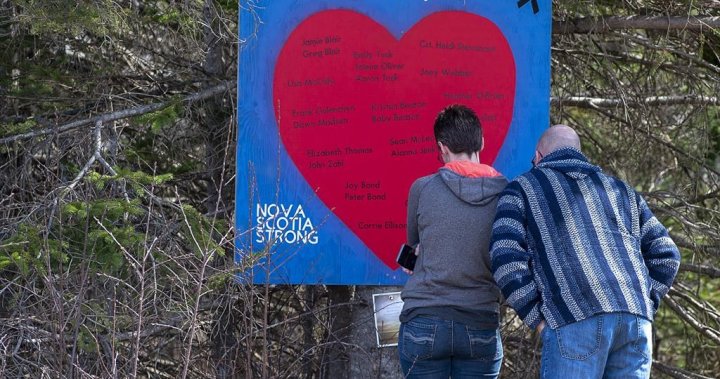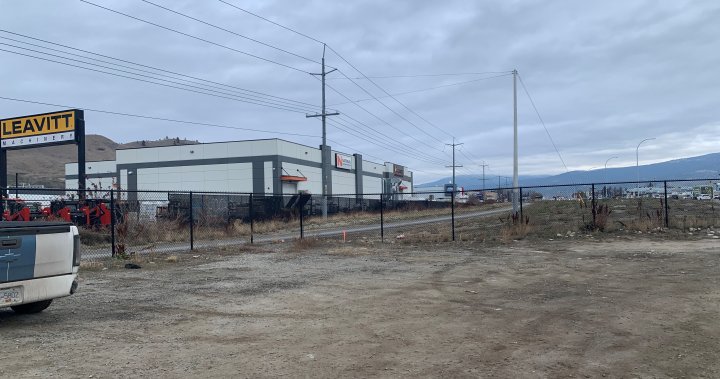Severe water shortages in southern Alberta have farmers and ranchers looking to creative solutions. A new proposal could help more than the south: a reservoir on the Belly River.
The project, while only in its infancy, has begun to draw a lot of support. Fred Rice has started presenting the proposal to people in the area, particularly those who would draw from it, and he says they approve.
“I would greatly benefit from a reservoir there,” said rancher and farmer Darcy Barfuss, “drastically so.”
The reservoir, as proposed by Rice, is checking off three major boxes of concern to producers in the area: irrigation, flood mitigation and helping all water sheds.
“There’s benefits for everybody. It’s not just a local thing,” Rice said. “Everyone in the districts could benefit from it.”
If built, the dam could add as much water as 27,000 Olympic-size swimming pools to other reservoirs.
With a price tag of just over $300 million, the projected profits from the dam are almost $400 million per year.
“Basically, what we’d like to see is a feasibility study on this,” Rice said. “After that, the implementation of actually building it, it’s going to take years. But it’s not just about me; it’s for my kids and my grandkids too.”
Rice started with the United Irrigation District in the spring of 1985 and became the district manager in 2009.
Breaking news from Canada and around the world
sent to your email, as it happens.
Breaking news from Canada and around the world
sent to your email, as it happens.
“There’s less than normal snowpack, so that’s why we’re looking into some sharing agreements this year,” he said.
Producers in southern Alberta have become efficient in their use and distribution of water, but more is still needed.
“In the early part of the season, there’s lots of water that runs by,” said Duane Nelson, chairman of the board for the United Irrigation District. “But we can’t contain it because we have no storage. The Belly River is a snowpack river, meaning it gets most of its water from the snow from the mountains, but that happens in the spring. For us, August is when we really need it. By then, it’s dwindled to a trickle and we’re out of water.”
Rancher and farmer Darcy Barfuss has also felt the pinch.
“I have a number of crops that need water in the fall, and if we’re rationed, the crop doesn’t do too well,” Barfuss explained. “Most of my water comes out of the Belly River. In fact, during high water time a few years back, I actually lost a big chunk of my land. The Belly River cut into my land along the riverbank. It re-diverted and my land is gone,” he said.
From drought to flooding, there have been multiple meetings to fix the Belly River and the effects it has been having on farmers who use it for their crops. These meetings date back to the mid-1950s, if not earlier.
Nelson was around for those meetings and recalls the flooding.
“You can see the water, up around where our house is,” Nelson explained, pointing at an old photo. “This happened every 11 or so years, until ’75, 20 years later, we had the big flood in ’95 too. Since then, floods have been becoming more and more frequent.”
But this growing season is fast approaching, and Rice wants to help fellow farmers out.
“That’s what this is for — if we can grow the food for everybody, and it’s getting harder and harder to do.”
© 2024 Global News, a division of Corus Entertainment Inc.





